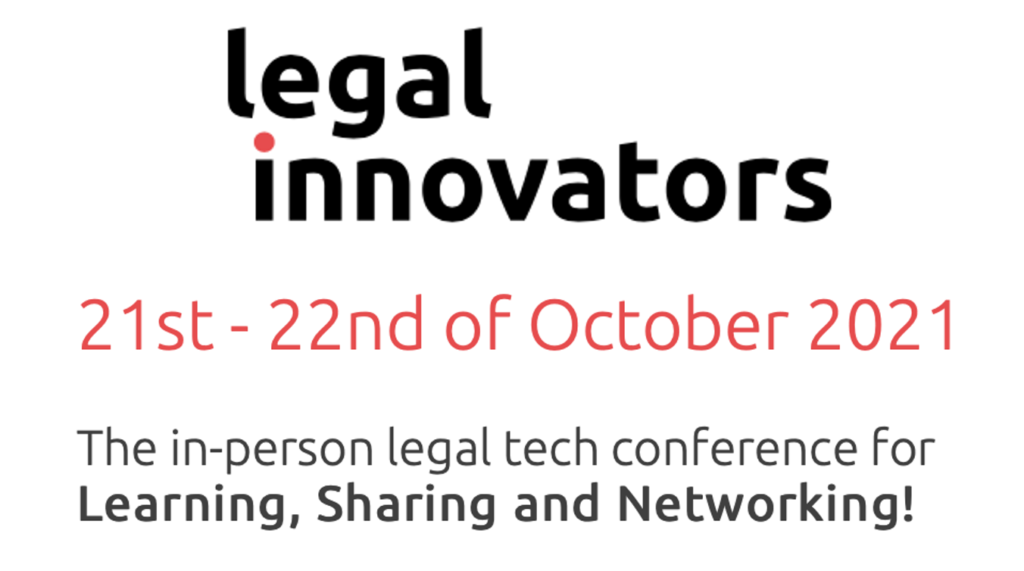
If you want to understand what is happening in the legal sector then there is one key word to focus on: delivery. Clients are still receiving legal services, and always will, what is changing is the how of it all.
David Carter, Chief Product Officer at Norton Rose Fulbright and an architect of its Transform group, put it this way: ‘We talk about NewLaw and Core Law. Core Law is where the work is what we did before, but we can do it more efficiently. NewLaw is where the law is needed, but is not sufficient.’
Carter then noted that the real value in rethinking the delivery of legal services is when you break down the silos between all the different elements, from expert knowledge of the law, to pure technological expertise and the software itself, to new approaches to knowledge management (KM), to understanding clients’ legal ops needs, and to providing new models for producing work, such as its Hub in Newcastle, which is run by Kiran Radhakrishnan.
Carter explained that they try to ask themselves: ‘Does legal understanding mean we can solve this problem [for the client]?’ I.e. will just being ‘good lawyers’ be sufficient?

They also try to think in terms of how knowledge can be leveraged as part of the delivery, i.e. that the legal expertise may be the most high value part of the overall offering, but it is still one component in the overall ‘product’.
They also want to ask: how will the product be delivered; what tech is integrated into it; which are the right teams to support this; is this a one-off, or a recurring service, or part of a consulting project? Those are the questions they may end up looking at.
As Carter added, when the firm first began to put Transform together back in 2015/16, they started off thinking ‘that we just needed people with the right skill sets. Then we realised that the real challenge was not things like having tech skills, but the firm changing culturally and structurally’.
And again we come back to the complexity of what they are trying to do: ‘There are different silos of knowledge [across the firm]. It’s so diversified. The challenge is to find ways to work together.’
A Quiet Evolution
This is why much of what is happening now in the commercial legal sector is hard to see – even though substantive change is happening. There isn’t just one big new, shiny and easily identifiable ‘thing’ to point at. The change, which we can call the ‘delivery evolution’, is formed from many pieces that are all connected, and all moving in relation to each other.
We tend to want to see change in direct terms of one thing replacing another, hence the idea that ‘tech replaces lawyers’, or especially ‘AI replaces lawyers’, which proliferated about five or so years ago and had its roots in some of the earlier proponents of tech impacting the law at a systemic level. And, thinking like that is simple and neat – but it is largely incorrect.
Real change does sometimes involve A replacing B, but law is a multi-layered system, and as Carter and other proponents of the new approach to delivery would say, tech – no matter how advanced – is just one component in this, even if it can sometimes quite powerfully change the means of production. The real focus is on the end result, and that end result is the sum of many parts.
Or, as Carter put it: ‘It shouldn’t matter how the cake is made, the question is: does it taste nice?’
One way to look at this change is by considering how Transform grew. Carter noted that some of the first projects they did were around mapping legal work processes and clearly organising legal knowledge specific to certain types of transaction so that the Hub team could help support a deal and drive efficiency as it took place.
Things have since expanded into a wide range of capabilities, which as noted, go from tech in its purest form, to blending tech and KM into products, to consulting, to process-focused work teams and more. But, what is always central here is delivery. The how. Or one might say: what does the client need, and then how can we best deliver that?
It’s all about thinking in a systemic way. It’s about taking a design approach and asking: can we build something better to deliver what the client wants?
The Future Of The Legal Market
For Artificial Lawyer it is not an exaggeration to say that how law firms approach the subject of delivery is what will differentiate them in the years to come; certainly in highly competitive markets such as the UK, and increasingly around the world.
Will clients still pick law firms on the basis that they have great lawyers? Of course, but legal needs rarely end with just the consumption of top tier knowledge.
E.g. a client is faced with a company-changing acquisition offer, what should they do and what are their options to avoid a takeover? Now, no amount of tech, aside from a bit of KM to provide some past case law, can help here. The client is in the hands of truly experienced senior partners who then bring a lifetime of knowledge to bear on the problem.
Thereafter things change. Let’s say the client, after mulling over the wise words of the partners, decides to do the massive, world-spanning deal. Now this is where delivery really comes into play. There is a mass of work to be done, and efficiency will be needed here. And once the new company has taken shape no doubt all kinds of legal needs will have been uncovered that perhaps can be supported by more than just pure ‘legal advice’, and instead can be helped with a raft of legal products and services.
And this is the key point, if we only think of law firms providing one-off, high level advice on equally one-off events, then there would be no need, nor appetite, for change. But, that’s not how the legal world operates. Big events are only part of any client’s life.
So, does that mean that law firms that ignore delivery and only focus on the complex, event-driven advisory work have had it? Nope. They will keep going. No doubt there will always be firms that just handle that segment of the client’s legal work. But, as far as the largest and leading firms go, especially in markets such as the UK, those ‘basic delivery model’ firms will eventually be a very small number. Instead the leading group will be dominated by the ‘great deliverers’ that can combine excellent legal knowledge along with everything else.
And of course, it’s because of these changes that ALSPs are growing, the Big Four sees a huge opportunity, and some tech companies are now morphing into semi-ALSPs.
What started out in the 2010s is now truly gaining pace, at least among UK-based firms, and for this site it’s the focus on delivery as much as advances in legal tech that are going to reshape the market.
—
Conference – If you found this subject interesting, then come along to the Legal Innovators Conference on October 21 and 22 in London, where this and other ideas will be explored.
